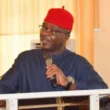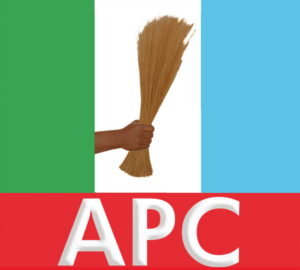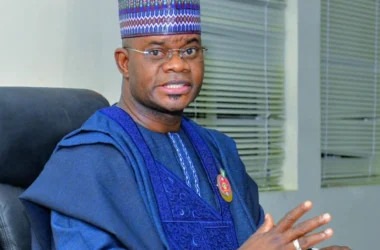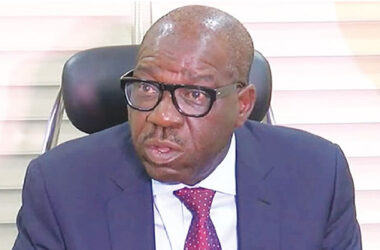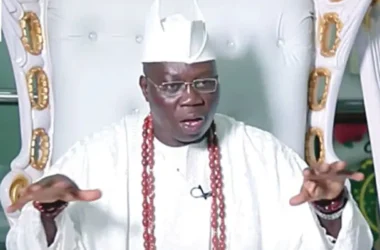Malam Abubakar Abdullahi, a prominent figure in Nigeria’s ruling All Progressives Congress (APC), has stated that political defections are a normal and ongoing part of the country’s political landscape.
Speaking on Tuesday in Abuja during an interview with the News Agency of Nigeria (NAN), Abdullahi noted that it is difficult to stop politicians from changing parties, as many do so to safeguard their careers and stay relevant in a constantly shifting political environment.
Abdullahi, who serves as secretary of the group representing former members of the defunct All Nigeria Peoples Party (ANPP) within the APC, pointed out that a lack of ideological commitment among Nigerian politicians is a major factor behind frequent defections.
“You see, in Nigerian politics, defections cannot be avoided. There are certain issues that force people to defect.
“The majority of the present crops of the elected officials and political appointees are not well-bred politicians. They are just opportunists.
“Once they got elected or appointed, they indulged in all sorts of unruly behaviours which led them to commit a lot of atrocities,” he said
He added that once in power, some of these politicians engage in misconduct or corrupt activities, and when they fear being held accountable, they jump ship in search of political safety.
“Most of them will be running helter-skelter, looking for where to hide,” he stated.
Abdullahi also pointed out that these defections are rarely motivated by ideology or public interest. Instead, personal gain and self-preservation are the driving forces behind most moves. He warned that although many politicians switch allegiances, these actions will not result in a one-party state. “At the end of the day, the defectors will definitely betray those who believe in them,” he added.
He also criticized the elite political class, stating that their manipulation of the political system has caused serious harm to democracy and the general public. Abdullahi called for a shift in political behavior and a reorientation of values in order to clean up the country’s politics and improve governance.
He concluded by urging political actors to adopt a more sincere and disciplined approach, suggesting that only a deep-rooted change in values and attitudes can bring about real progress in Nigeria’s political environment.




